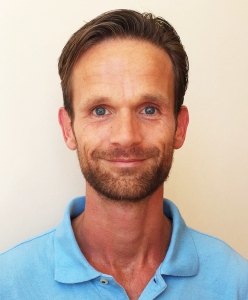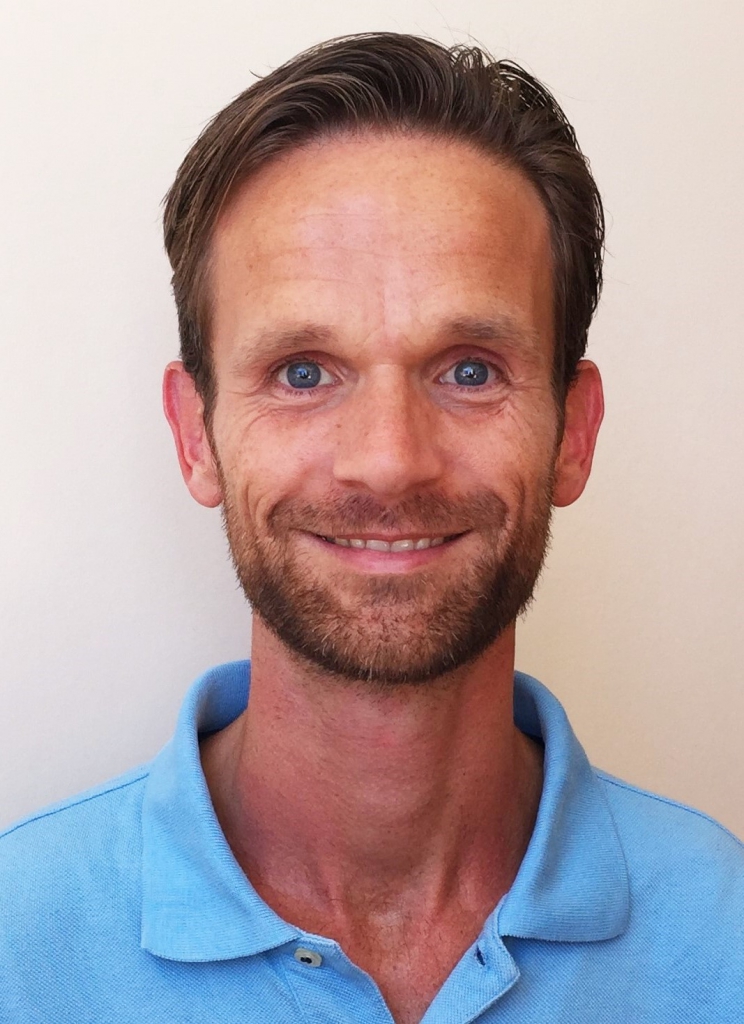
Did you ever wonder where the a bit mysterious but serene and fulfilled smile that a lot of buddhist monks have comes from? This doesn’t only come from listening to teachings, it has a lot to do with meditation.

Meditation isn’t something buddhist. That means, it is as much ‘owned’ by buddhism as singing is to the catholic church. They both use it but it is a separate method and buddhists will confirm that. It is a tool being used to reach the ultimate goal of buddhism: complete freedom of mind and being unconditionally happy. And there is a good reason for meditation being used for that. Not only is there centuries of empirical evidence that meditation makes you happier, it is also found by modern science.
Your experience of happiness is measurable in the brain. If someone has a happy feeling there is more activity in the frontal part of the brain and then on the left side. This left prefrontal cortex as it is called, is activated when someone experiences something positive, while the right prefrontal cortex is active when someone experiences a less pleasant thing. Researchers found that there is a transition to the left of the brain activity in the prefrontal cortex with people that meditate. And that with people that have a lot of meditation experience there is a continuous activity in the left part of the frontal brain region. Which points to more and more continuous happiness.
If you search the internet for the ‘happiest man on earth’ it will lead you to Matthieu Ricard. He got this ‘title’ after his brain got examined by neuroscientists at the University of Wisconsin. This French born monk was connected to brain examining equipment, together with other very experienced meditators, through 256 sensors. The scans during his meditation shower brain activity relaxed to awareness, learning ability and memory that were never reported before in neuroscientific literature.
Especially striking was the activity in his left prefrontal cortex which was ‘off the charts’, where activity on the right side was extremely low. Because of his enormous capacity for being happy he was unofficially ‘crowned’ as the happiest man on earth. As explanation for this he pointes to his years long training of the mind through meditation. For scientific research for this and other articles that link meditation to happiness, click here and scroll down to the section of meditation and mental well-being and meditation and happiness.
But you don’t have to do brain research to experience that meditation adds to being happy. If you meditate you experience yourself that you will manifest inner happiness more often and more deeply, an experience that comes from inside of you and can be triggered without an external cause. Because although people are very busy searching for happiness in external factors like possessions, things you can buy, a relationship, a job or whatever external circumstance, happiness is always something that occurs in and comes from the inside. External triggers might evoke it and always work temporarily. Because that new partner also has things that make you less happy and that new item you bought is not as new anymore after a short while and therefor not very special anymore. That new car is a source for happy feelings the first few days but turns into an object you just use pretty quickly.
Also you can probably imagine your qualify of life improves if you are less dependent on automatised reactions on what happens in thoughts and emotions to what happens from outside and you experience through your senses. That your attention is time after time involuntarily pulled to everything that happens. By meditation you gain control over where your focus goes and you determine how important which stimulus is. By distancing to the stimuli that enter your awareness and by the insight that occurs from that, freedom of mind is created. And it gives space for the source of calmness, balance and energy inside of you to surface. In this way meditation offers you the key to unconditional happiness. Use it to your advantage.
Final tip: don’t go looking for happiness during your meditation sessions. There all is like it is and is neutral. Happiness is a result of meditation, an outcome and not necesarially an experience during the practice. Let during your meditation everything go and be as it is and the results will arise naturally.
Do you want to learn quickly and effectively how to meditate? We would love to help you. Follow one of our meditation programs or follow the easy step-by-step plan in my book: Meditation, your daily mini-break (unfortunately only available in Dutch). It’s very easy and won’t take much time. Try for yourself and experience what meditation can do for you.
I hope this blog helped you get a better understanding of the what meditation is all about. Do you have a different question regarding meditation? Send it to me and who knows, it might the subject for my next blogpost!
Meditation trainer and autor of ‘Meditatie, je dagelijkse minivakantie’
More information about meditation you can find here on www.meditatie.amsterdam and our Facebook page


Do you also want to benefit from all the research and experience I gathered for many years to get to the core of meditation and translate it into contemporary, accessible and practical methods to get the best out of yourself? If you would like to work with me, apply now for one of my next activities.
Beginner or more experienced, I am happy to help you on your way towards more inner peace, balance, energy, clarity and freedom of mind, with methods that can have lifechanging effects within weeks. See you soon!
Roel Wilbers – meditation trainer and author of ‘Meditation, your daily mini holiday’